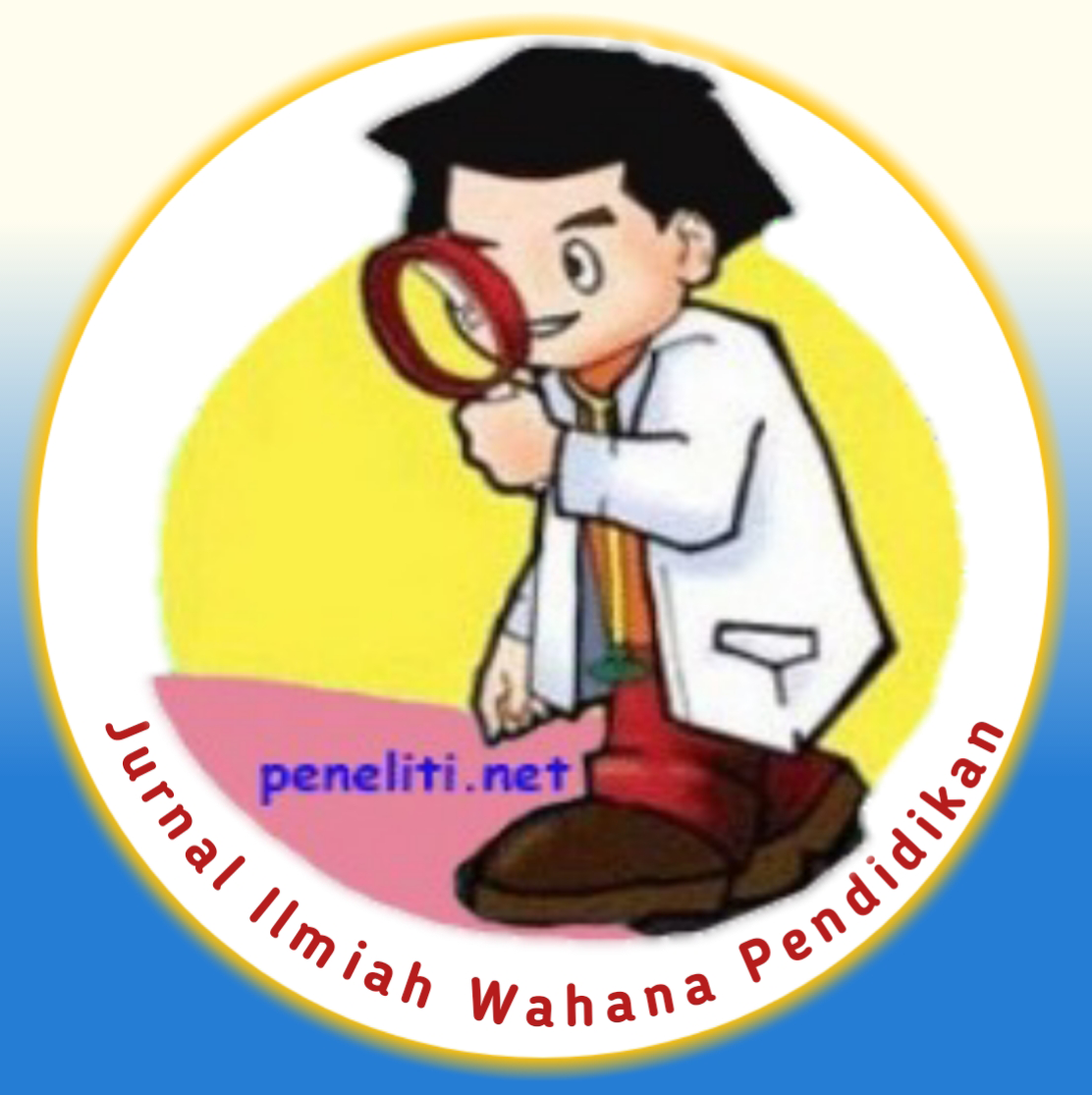Pelaksanaan Kegiatan Mentoring Mata Pelajaran Akidah Akhlak Dalam Membentuk Akhlak Siswa
Abstract
Mentoring as one of the implementation of activities that can be used in learning by exploring students' abilities in learning so that the needs of each student can be known. The purpose of this study is to elaborate on the planning, implementation, control and evaluation of mentoring activities for Akidah Akhlak subjects in Madrasahs. The research method used is descriptive qualitative method. Data were collected through observation, documentation and interviews. Data were analyzed based on qualitative analysis. The results of the study show that the Akhlak-based mentoring plan in fostering the morals of students at MTs Al-Mukhlashuun Kandanghaur Indramayu is carried out through the following efforts: first, Akhlak Akidah teachers formulate the goals of mentoring. Second, determine the mentoring material; Third, the preparation of students participating in mentoring. The organization of mentoring based on Akidah Akhlak in shaping students' morals at MTs Al-Mukhlashuun Kandanghaur Indramayu consists of program coordinators assisted by certain fields and mentors. Organizing is intended to carry out common goals in a systematic and systemic manner. The implementation of Akidah Akhlak-based mentoring is done through the formation of small groups to discuss certain topics and tutorial activities. Evaluation of Akidah Akhlak-based mentoring in shaping students' morals at MTs Al-Mukhlashuun Kandanghaur Indramayu, namely process assessment and outcome assessment.
References
Arikunto, S, 1998, Prosedur Penelitian Suatu Pendekatan Praktik; Edisi Revisi VI. Jakarta : Rineka Cipta
Azwar, Saifudin, 2000, Sikap Manusia Teori dan Pengukurannya, Jakarta: Pustaka Pelajar.
Bogdan. R & Biklen. BK, 1992. Qualitative Research for Education An Introduction to the Theory and Methods. Boston : Allyn and Bacon.
Castetter, W. B. (1996). 6th ed. The Human Resource Function in Educational Administration. New Jersey: Prentice-Hall, Inc.
Hasibuan, Malayu. 2013. Manajemen Sumber Daya Manusia. Cetakan Ketujuh Belas. Jakarta: Bumi Aksara.
Lincoln & Guba, 1985, Naturalistic Inquiry, Sage Publication, Inc, U.S.A.
Moleong, Lexy J. 2004. Metodologi Penelitian Kualitatif. Edisi Revisi. Bandung: PT Remaja Rosdakarya.
Mulyasana, D. (2001). Manajemen Strategik Dalam Sistem Pendidikan. Bandung: PPs Uninus.
Rusmiyati, dkk, 2003, Panduan Mentoring Agama Islam, Jakarta: Iqra Club.
Ruswandi, M, 2004, Games for Islamic Mentoring, Bandung: Syamil Cipta Media.
Siagian, P. Sondang. 2002. Kepemimpinan Organisasi dan Perilaku Administrasi, Jakarta: Penerbit Gunung Agung
Stoner, J.A.F., (1986), Manajemen, terj. Wihelmus W Bakowatun, Jakarta: Intermedia.
Syafarudin, Alwi, 2008, Manajemen Sumber Daya Manusia: Strategi Keunggulan Kompetitif, Edisi Kedua, Yogyakarta: BPFE
Terry, G.R. & Leslie W. R, 2001, Principles of Management, terj. G.A. Ticoalu, Jakarta: Bumi Aksara.
Undang-Undang No. 20 tahun 2003 tentang Sistem Pendidikan Nasional. Jakarta: Depdiknas.




